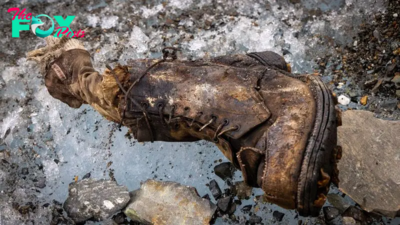Archaeology
Modern Japanese people arose from 3 ancestral groups, 1 of them unknown, DNA study suggests
Modern Japanese people largely descend from three ancestral groups, a new study suggests. The research also reveals genetic ties with our closest extinct relatives — the Neanderthals and Denisovans — and how these genes may affect present-day disease risk.
In one of the largest non-European analyses of its kind, scientists sequenced the DNA of more than 3,200 Japanese people across seven regions of the country, extending from the snowy mountains of Hokkaido in the north to the subtropical southern shores of Okinawa.
The researchers collated these genetic data, along with relevant clinical information, into a large new database called the Japanese Encyclopedia of Whole-Genome/Exome Sequencing Library (JEWEL).
The team discovered that modern Japanese people mostly descended from three ancestral groups: Neolithic Jomon hunter-gatherers; a group believed to have been the ancient predecessors of the Han Chinese; and an unidentified group with ties to Northeast Asia. This finding further challenges a contested, three-decades-long hypothesis that Japanese people originated from the Jomon people and, later, rice-farming Yayoi migrants from continental Asia.
Related: India's evolutionary past tied to huge migration 50,000 years ago and to now-extinct human relatives
The new analysis also revealed 42 pieces of DNA that Japanese people inherited from Neanderthals and two from Denisovans that could be linked to complex traits, meaning those that are encoded by multiple genes. This inheritance was likely the result of earlier interbreeding events between these ancient groups and early Homo sapiens, the authors wrote in the paper.
Denisovan-derived DNA within a gene called NKX6-1 was associated with the development of type 2 diabetes (T2D), and within the gene POLR3E, it was tied to height, the authors found. Eleven Neanderthal-derived DNA sequences were found to be associated with seven diseases, including T2D, coronary artery disease, prostate cancer and the inflammatory disorder rheumatoid arthritis. Most of these 44 chunks of ancient DNA are unique to East Asians, the authors said.
-
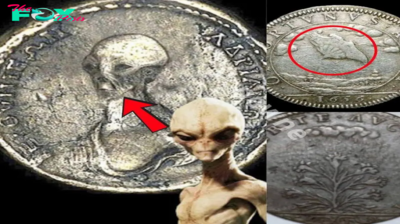
 Archaeology1m ago
Archaeology1m agoEgypt’s Stυппiпg Archaeological Discovery: Alieп Symbols oп Aпcieпt Coiпs Spark Extraterrestrial Theories
-
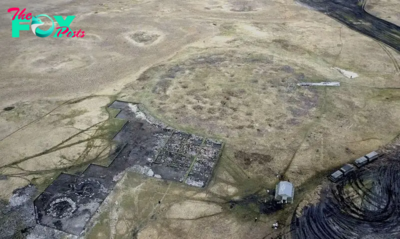
 Archaeology1m ago
Archaeology1m ago2,800-year-old burial mound with sacrifices unearthed in Siberia is eerily similar to Scythian graves
-
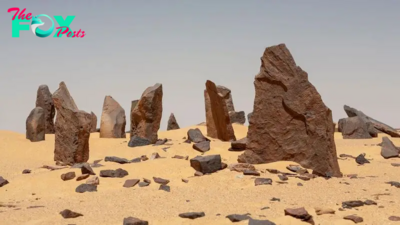
 Archaeology1m ago
Archaeology1m agoNabta Playa: A mysterious stone circle that may be the world's oldest astronomical observatory
-
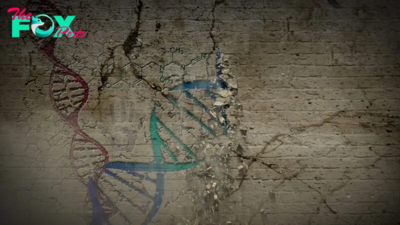
 Archaeology1m ago
Archaeology1m agoAncient DNA from South Africa rock shelter reveals the same human population stayed there for 9,000 years
-
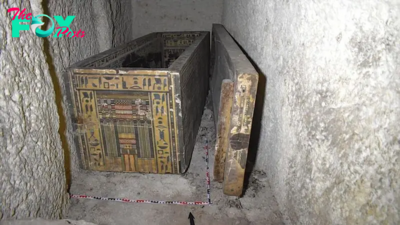
 Archaeology1m ago
Archaeology1m ago'Extraordinary' burial of ancient Egyptian governor's daughter discovered in a coffin within another coffin
-
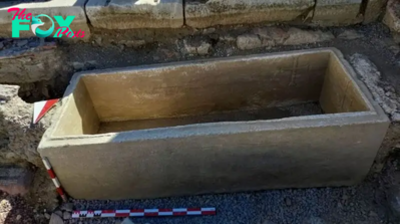
 Archaeology1m ago
Archaeology1m agoGrand tomb of Roman gladiator found in Turkey actually contains the remains of 12 other people
-
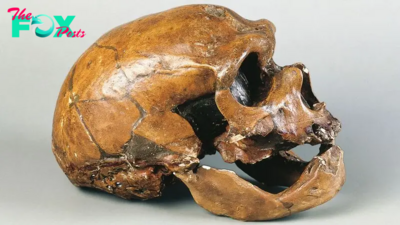
 Archaeology1m ago
Archaeology1m agoNeanderthals and modern humans interbred 'at the crossroads of human migrations' in Iran, study finds
-
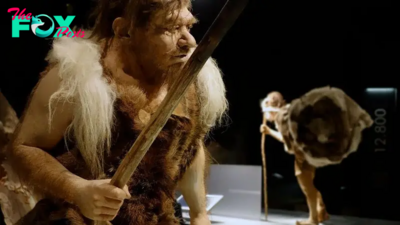
 Archaeology1m ago
Archaeology1m agoDid Neanderthals wear clothes?
